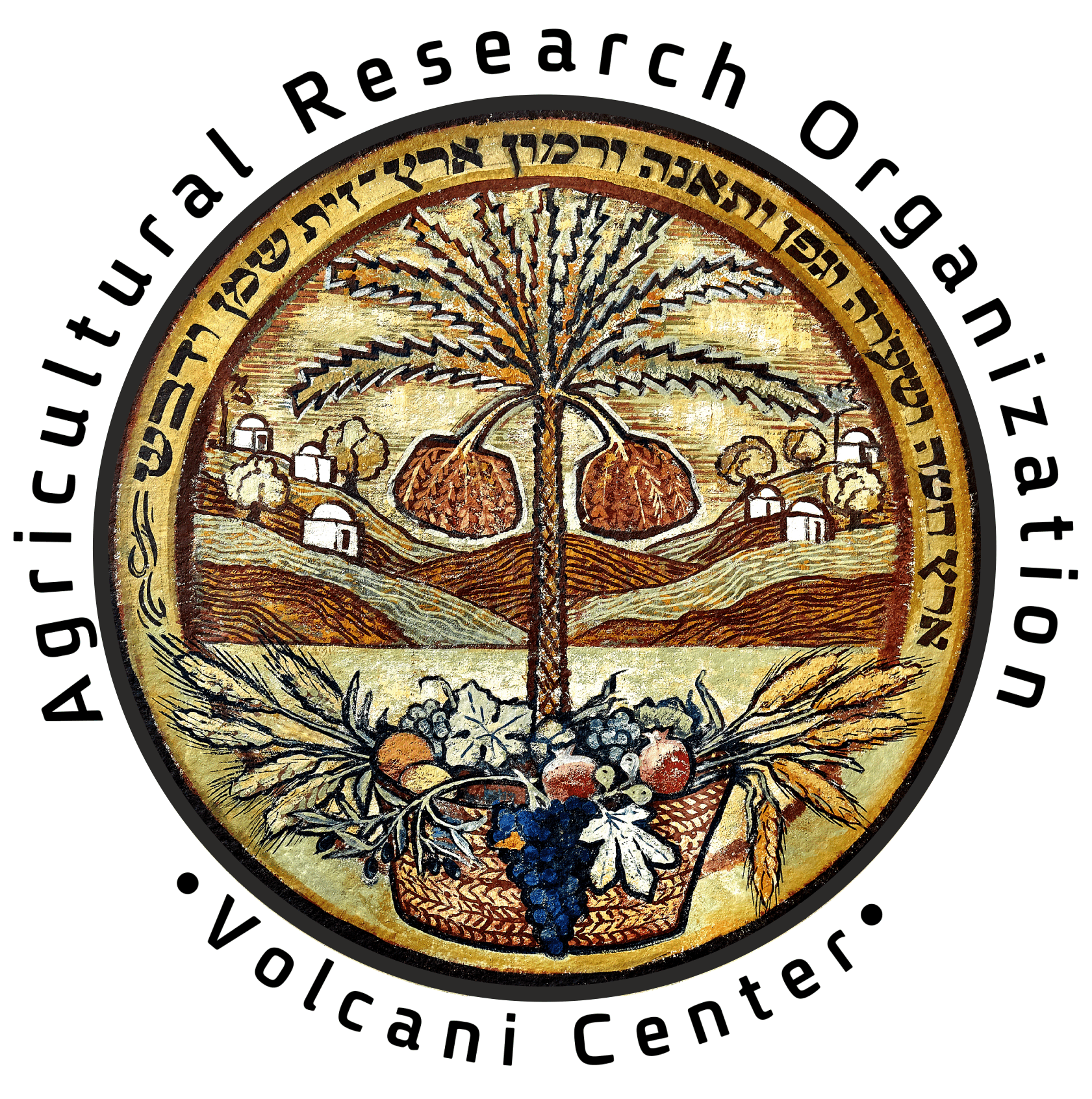Shahar Baram Lab
The general aim of the research in our lab is to understand processes that regulate terrestrial biogeochemical cycles of nitrogen (N) and phosphorus (P) in the agricultural environment. We hope to develop insights that will improve N and P use efficiencies, minimize leakiness and lead to a more sustainable commercial agriculture production.
Specifically, we are studying how water quality and irrigation frequency effect N transformations, availability, and loss into the environment. Our study spans the microbial to the field scale. We focus on N transformations at the solid and liquid phases of the soil and their impact on greenhouse gas emissions.
In the phosphorus cycle, we study the effect of biowaste stabilization and organic matter characteristics on P availability in soils. Using different lab methods we study changes in the ratios between the organic and inorganic P fraction in the biowastes. We focus on the interactions between organic matter (dissolved and solid) and orthophosphate and its influence on P adsorption to clays and transport in soils.





Using nano-bubbles as a mean to improve soil aeration and minimize Nleakiness.

The effect of interactions between dissolved humic acids andorthophosphate on P transport in soils.

Effect of biowaste stabilization on P availability.

Field study on the impact of aeration trenches, irrigation water quality(fresh vs. treated wastewater (TWW)), and irrigation frequency on N leakiness from cultivated Vertisol.

Lab to field-scale study on the impact of irrigation water quality (brackish,desalinated and TWW) on short term nitrite accumulation in therhizosphere and N 2 O emission.


